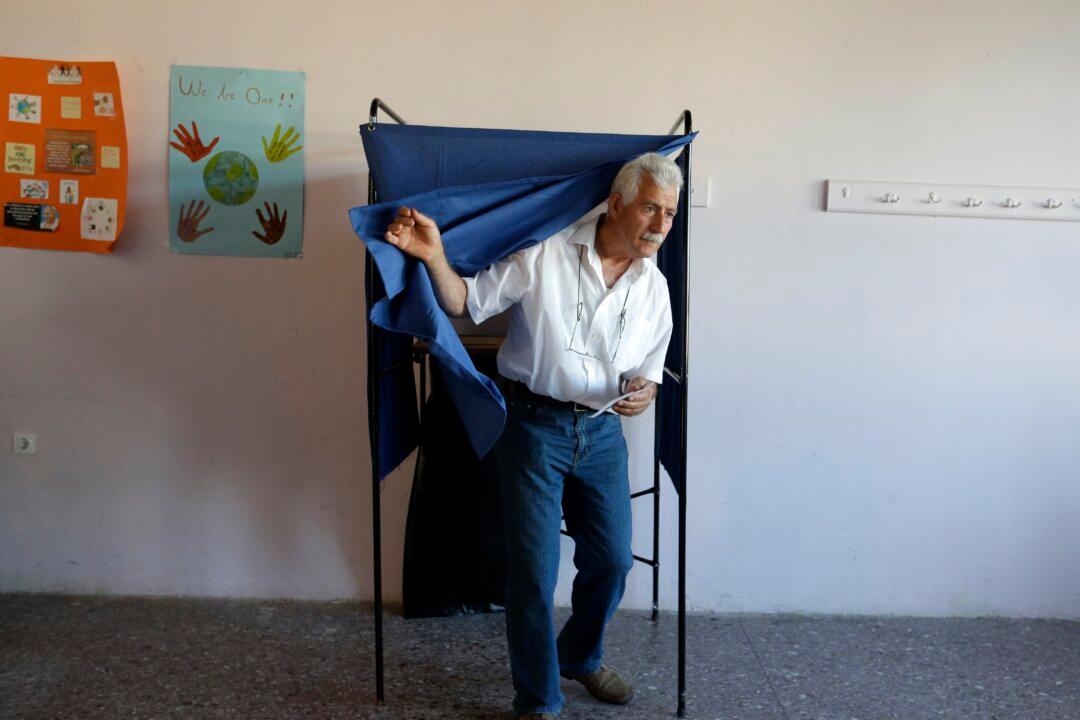ATHENS, Greece—Greeks lined up at polling stations and ATMs alike Sunday as the country voted on its financial future, choosing in a referendum whether to accept creditors’ demands for more austerity in return for rescue loans or defiantly reject the deal.
Early indications suggested a high turnout after a week of intense campaigning left Greek cities littered with fliers and posters — and opinion polls showed voters evenly split on the first referendum Greece has held in 41 years.
READ MORE





